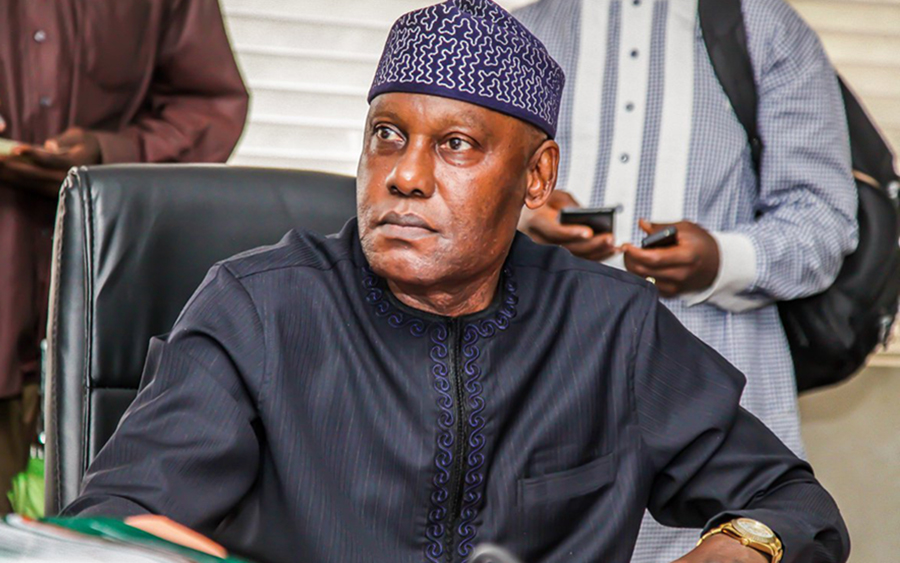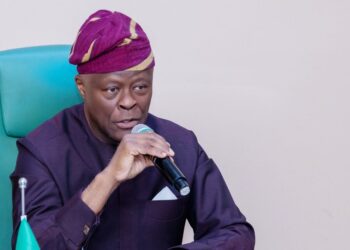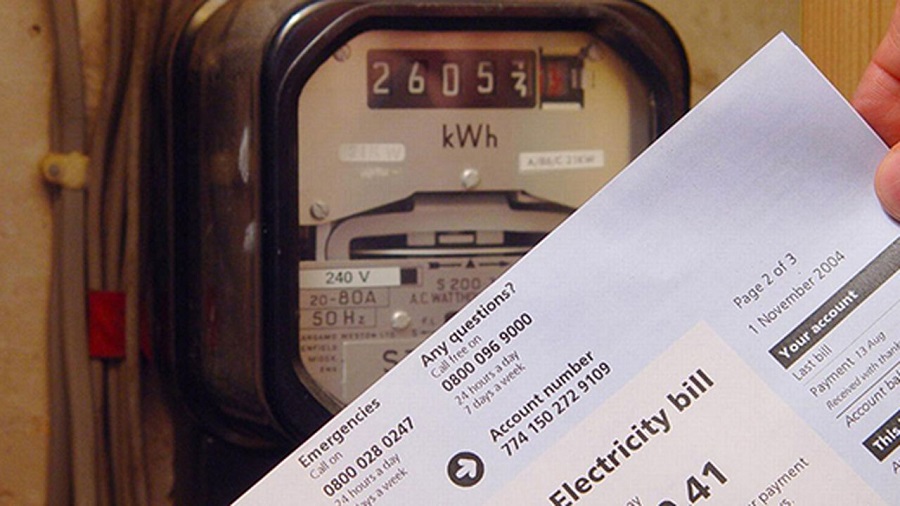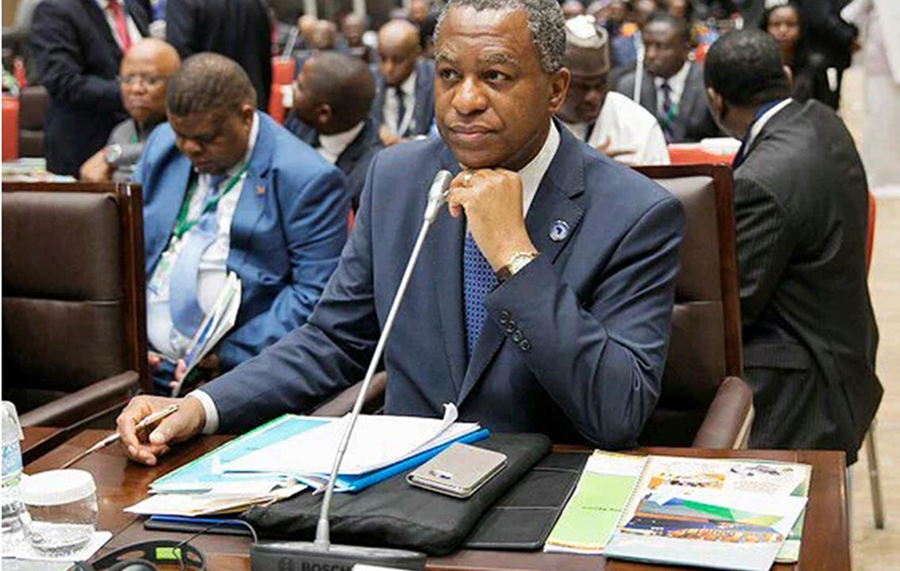Promissory notes worth N148.141billion have been approved by the Senate as a refund to Bayelsa, Cross River, Ondo, Osun, and Rivers States for projects executed on behalf of the Federal Government.
The approval which was given by the Senate at the plenary on Tuesday, 24th November 2020, came after the presentation of a report by the Committee on Local and Foreign Debts, led by Senator Ordia Clifford (PDP-Edo).
READ: Banks to lose interest on petrol subsidy-induced loans
According to a news report by NAN, this is a go-ahead to the Federal Government, who had sought the approval of the Senate for issuance of promissory notes for a refund on federal projects executed by State governments.
The request was contained in a letter addressed to President of Senate, Dr. Ahmad Lawan by President Muhammadu Buhari, and read at plenary. The Senate referred the matter to the Committee on Local and Foreign Debts for further legislative input.
(READ MORE: FG inaugurates steering committee on Covid-19 economic recovery)
Senator Ordia Clifford, while presenting the report of the committee, said the Permanent Secretary, Federal Ministry of Finance; Federal Commissioners of Finance and Works in the five states, had briefed the committee on details of the projects.
He said the Committee was presented with documents relating to the approvals of the Federal Government through the Federal Ministry of Works and Housing for the execution of the projects and certificates of completion, amongst other documents.
READ: Boosting IGR; A necessity for states to avoid total dependence on FAAC allocations
At the plenary today, Senator Ordia moved the motion that the Senate approves the Committee’s recommendations by approving the issuance of the promissory notes to the State governments.
According to him, the amount due to the five states is N148.14billion.
- Bayelsa was allotted N38.40billion
- Cross River was allotted N18.39billion
- Ondo was allotted N7.82billion
- Osun was allotted N4.57billion
- Rivers was allotted N78.95billion
What they are saying
The President of the Senate, Ahmad Lawan, disclosed that records showed PDP states had the highest refund, he said: “If you look at the list of states, only two are APC states and they have the least in terms of refund, this is fantastic and a mark of leadership by the Federal Government. This shows tolerance and leadership by this administration.”






















